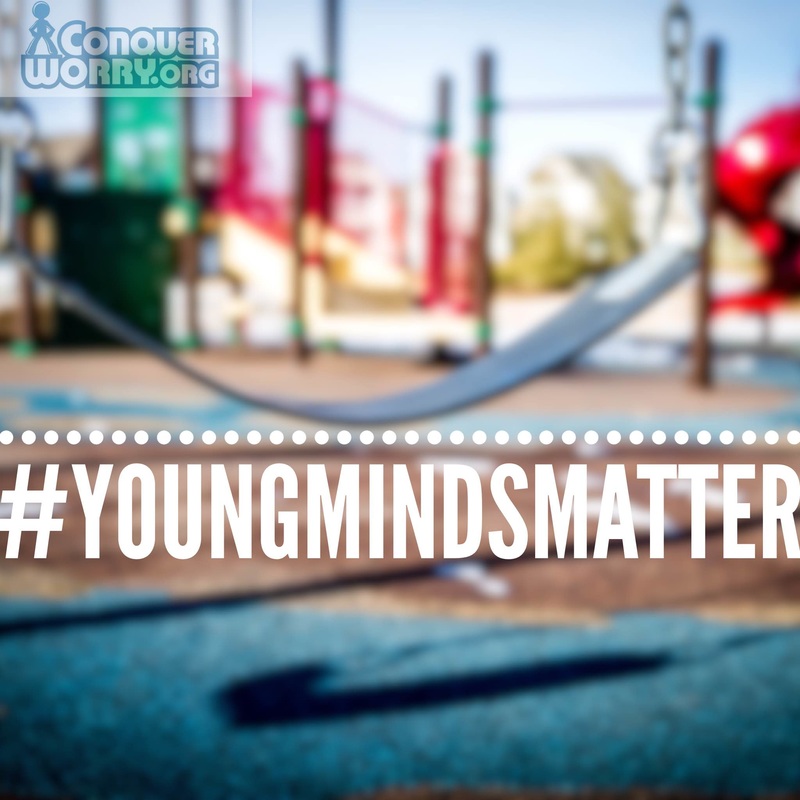|
Article by Richard Morley Edited by Maureene Danielle Blog post design by Christy Zigweid Photo by laterjay via Pixabay CC Photo made using @WordSwagApp I know I have not posted recently – but I’ll give myself a bit of a break because we had a new arrival – the birth of our (second) son Carter. So it seemed apt to start writing again following this post from The Duchess of Cambridge about the mental health of young children. I definitely won’t claim to have had a bad or traumatic childhood – I am lucky to have grown up with two loving parents. Thinking of the future, I would like to make sure that I prioritize the mental health of my sons more than I prioritized my own. I want to make sure they are supported, listened to (without me worrying that I’m not doing enough as a parent) and encouraged to talk about their feelings. I want them to be equipped to deal with the things that life has to throw at them, because I’m already learning that as parents we can’t always change what happens to our children in life (as much as we might want to). Most importantly I want them to be able to be there for each other. Our children will deal with more pressure and stress than we ever thought possible as children. Social media and our now ‘always connected’ environment through mobile devices simply didn’t exist when we were growing up – but now it’s a part of normal life. A life that as parents we won’t understand – to put it into context; I didn’t have a mobile phone until I was 17 (and I think I was an early adopter) I know children as young as 11 who have iPhones – and its estimated that smartphones are now in the hands of up to 80% of secondary school children. We are with our children in the evenings, at the weekends, when we do things as a family – but they are often on their own when they are using their smartphones, in the digital world. How do we start to reduce the stigma around mental health issues? Talking about our own mental health and feelings (appropriately of course) as parents, aunts, uncles, grandparents, guardians, the list goes on; has to be the best example to set – to create an environment where our children can be open, no matter what the problem – by simply making it a normal part of family life We’ve got to get started, if this survey by the DfE on twitter is anything to by… So to steal the hashtags from two brilliant campaigns around mental health it’s #timetotalk because #youngmindsmatter About the Author Richard Morley is an advocate for mental illness. You can find out more by visiting: http://worrymuch.co.uk/about/
You can also find Richard on Twitter
0 Comments
Leave a Reply. |
Build Your Action Based Stress Reduction System
Popular PodcastsOlympian Suzy Favor Hamilton - From Fame to Prostitution to Advocacy
Hall of Fame Basketball Star Chamique Holdsclaw on Mental Resilience Diana Nightingale on her husband Earl Nightingale's Principles for Mental Health Success JoAnn Buttaro on Date Rape & PTSD Survival Story: Its Never Too Late Gabe Howard on BiPolar Advocacy Phil Fulmer on Teen Suicide Prison, Bipolar and Mania with Andy Behrman Columbia Univeristy's Dr. Rynn on OCD Archives
March 2018
Categories
All
|



 RSS Feed
RSS Feed





